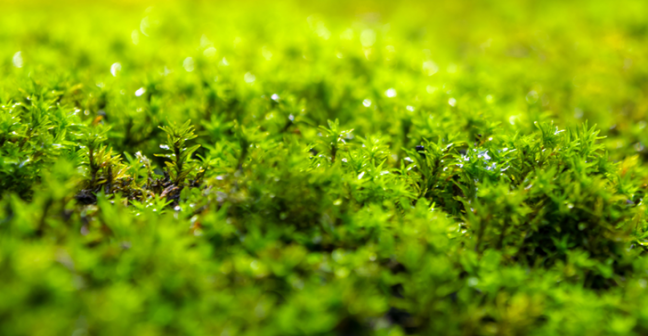In Windhoek, Namibia in December 2024, the eleventh plenary meeting of the Intergovernmental Science-Policy Platform on Biodiversity and Ecosystem Services (IPBES) agreed the text of the summaries for policy makers (SPMs) for two landmark reports: the Nexus Assessment and the Transformative...
Blog content
At the IES, we aim for our trustees to represent a range of sectors, fields, career stages and life experiences, and to be able to come together to make key decisions with insight and balance. Ultimately, we want our trustees to reflect our members, our members to reflect the environmental...
This article is part of the IES’s 2024 policy work on the theme of ‘knowledge’, addressing what evidence-informed policy means in practice and what it means for how environmental policy engagement is approached. This thematic work covers questions from the practical to the theoretical, from...
I’ve always enjoyed geography and science, but it wasn’t until university that I truly saw a career path forming. During a careers module, an environmental engineer spoke about her typical day, and I could immediately picture myself in her...
To mark 20 years of SocEnv, we spoke to Will Pope, one of its founders, to reflect on the progress made since then.
What has been the impact of SocEnv on your career?
I’m not sure I have a single answer to this, I think there might be a couple at least. I was already a...
Earlier this year, the IES' Land Condition Community Early Careers Network hosted a 'speed networking' session: a chance for members to virtually mingle and get to know peers and industry experts alike. The event was well-received and we were especially glad to hear that a...






